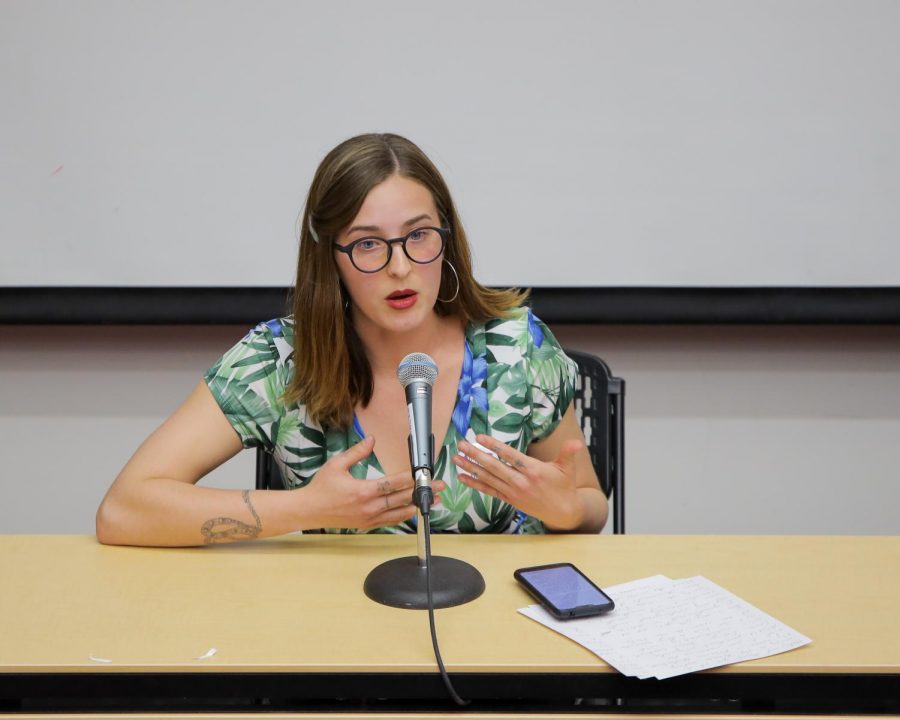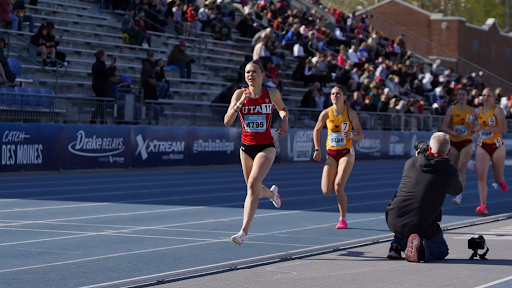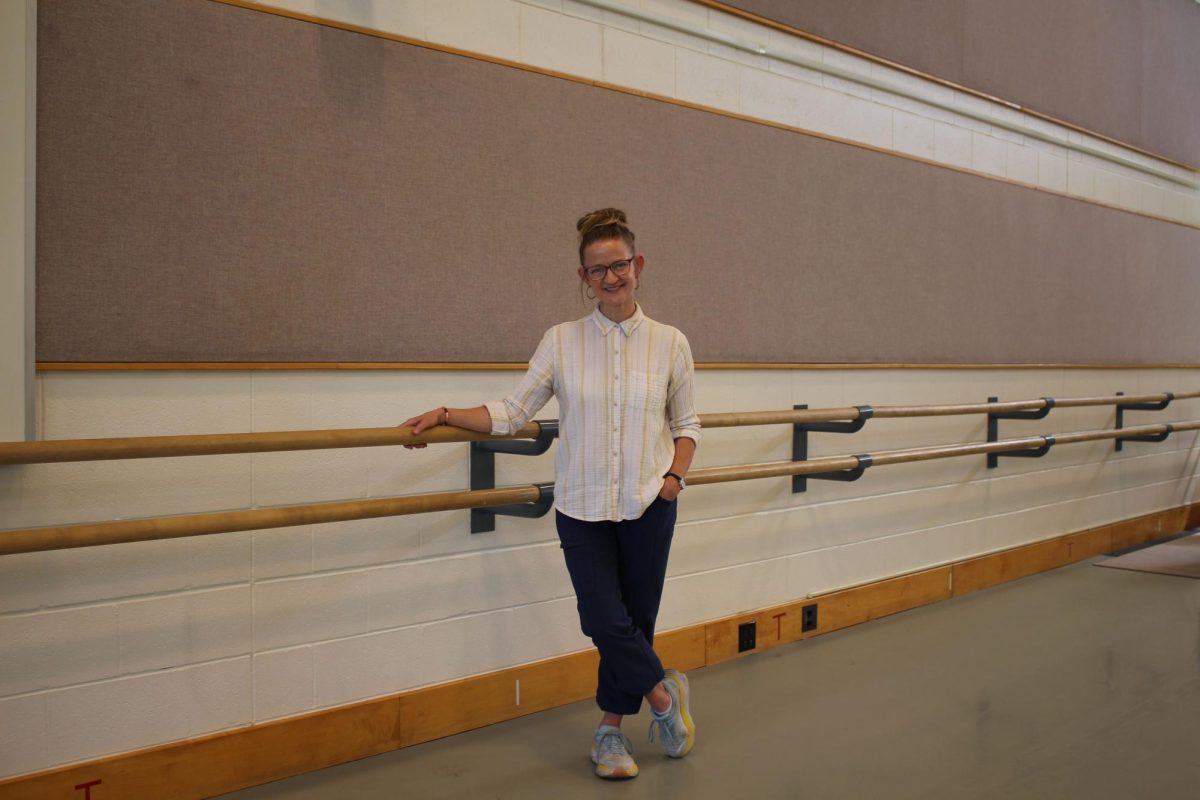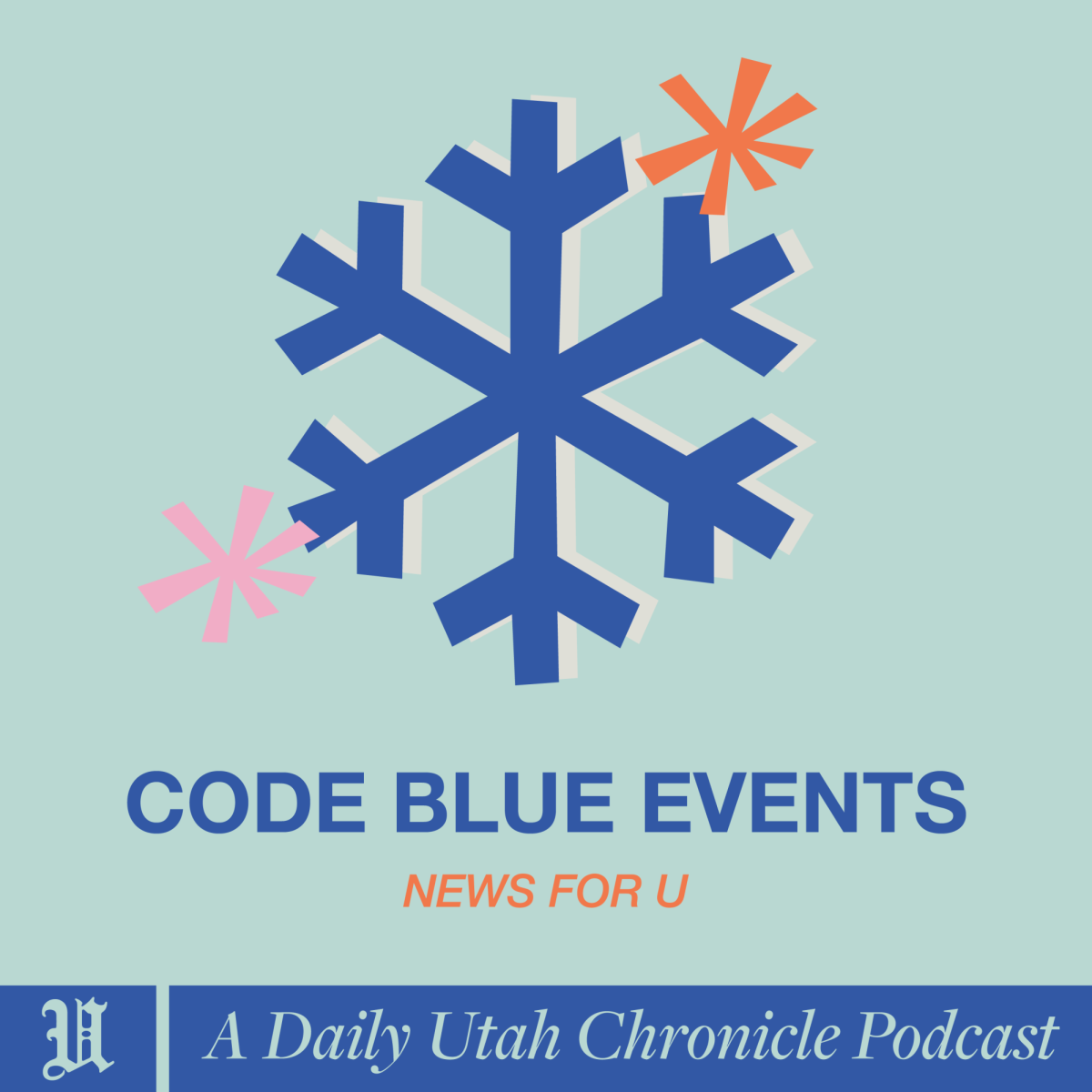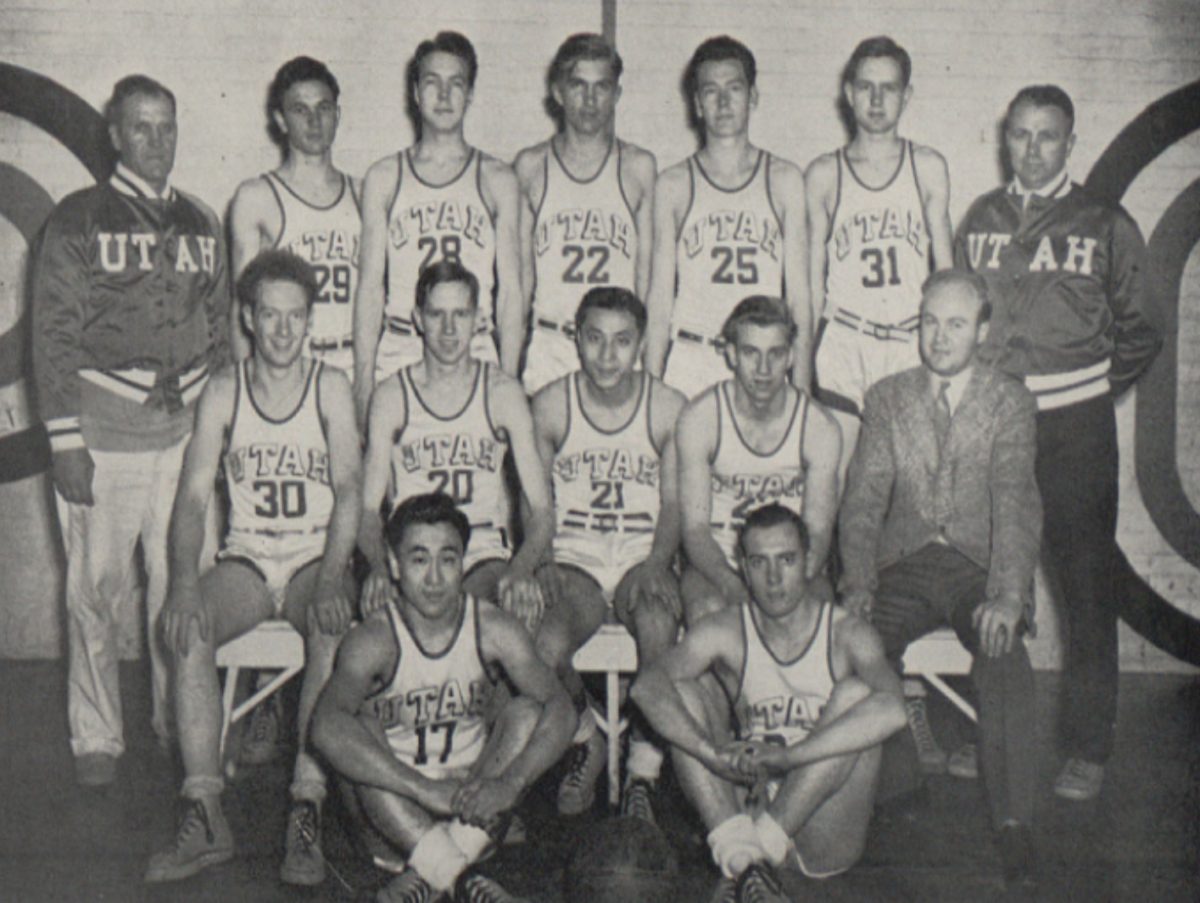Barron: A Vote for Hardenbrook is a Vote for Campus Safety
University of Utah student ….. from the Hardenbrook Ticket platform speaks on tuition fee issues during the ASUU Presidential Debate hosted by the Daily Utah Chronicle at the Union Theatre at the University of Utah campus on Tuesday, Feb. 18, 2020 (Photo by Abu Asib | Daily Utah Chronicle)
February 24, 2020
The views expressed in this article are only those of the author and do not represent the views of The Daily Utah Chronicle as a whole.
At the ASUU Presidential debate, three student audience members asked presidential candidates questions about campus safety, ranging from police presence on our campus to implementing support infrastructure for victims of sexual assault. Additionally, the moderator asked each ticket to explain what they believed the most important steps are to ensure a safe campus for everyone.
The interest in candidates’ safety platforms is unsurprising. Campus safety, or the lack thereof, has been a hot button issue at the University of Utah since Lauren McCluskey’s murder highlighted the ineptitude and pervasive culture of sexism within the campus police department. Due to this, I was surprised that the Hardenbrook ticket was the only campaign prepared to share nuanced and ambitious plans designed to enact change on our campus and protect students. Clearly, a vote for the Hardenbrook ticket is a vote for improving campus safety.
Last January, the University of Utah released findings from a one-off campus climate survey, which was completed prior to the McCluskey murder. More than a quarter of undergraduate women who completed the survey indicated that they had already been sexually assaulted, 80% of victims never reporting, with most saying “the assault was not serious enough.” While the high percentage of underreporting matches the national average across campuses, most college victims cite fear of reprisal for why they chose to not report their assault. So what in our community specifically made women feel like the sexual violence they experienced was not “serious enough” to warrant reporting? It is likely related to the culture of the University of Utah Campus Police Department. Investigations since the McCluskey’s murder have uncovered that campus police have failed to take sexual assault or female victims seriously.
Currently, safety issues on campus are only identified after tragedies happen. However, the Hardenbrook ticket is advocating for the implementation of an annual campus climate survey to ensure the university becomes more proactive in keeping students safe. A climate survey will serve as a platform for students to share their campus safety experiences and will be invaluable in establishing new safety policies addressing student needs.
The Hardenbrook ticket is composed of founding members of the student-led campus safety advocacy group Unsafe.U. Last fall, Unsafe.U published a platform of demands which would encourage university accountability and transparency along with increasing student access to safety resources. While some of UnsafeU’s demands have been implemented by the Watkins administration, including hiring a Chief Safety Officer, the Hardenbrook ticket has announced their intention of implementing the remaining demands. Their presidency could result in a permanent student oversight board focused on campus safety, a SafeU certification program and increased funding for the Center for Student Wellness. They have also promised that the implementation of these demands will not increase students’ fees or tuition.
Sadly, both the Nasser ticket and Kum ticket appear to consider Unsafe.U’s strong advocacy alienating to the Watkins administration. Walker Nasser believes that while UnsafeU has “shed light on serious issues,” it will prohibit collaborative long-term solutions and Ephraim Kum insinuated that Unsafe.U has created enemies instead of solutions. Strongly standing up for student stakeholders and working with administration members to increase student safety is not mutually exclusive, and students need a presidency that understands this. The Hardenbrook ticket has already begun meeting with Chief Safety Officer Marlon Lynch about implementing UnsafeU’s demands.
I have previously written about the limitations of the university’s SafeRide program and am excited that both the Nasser and Hardenbrook ticket have platforms dedicated to expanding the program. While both tickets have talked about adding vehicles to the SafeRide fleet, the Hardenbrook ticket has also promised to increase hours of operation and the service area so this program can better serve students.
The ASUU presidential tickets were allowed to announce their candidacy on Feb. 10, two weeks prior to the primary election. During these two weeks, I have attended the presidential debate and familiarized myself with each ticket’s website and social media. I believe the Hardenbrook ticket alone is prepared with a specific, ambitious plan to address campus safety. If the Nasser and Kum tickets have chosen to wait until voting begins to share all of their policies, not only have they failed to take full advantage of the time allotted for campaigning, they have also disadvantaged students concerned about safety who have already taken the time to learn about the campaigns.
Lauren McCluskey would have turned 23 earlier this month. As calls for increased campus safety have been largely ignored by Ruth Watkins’ administration, this responsibility has fallen to the student body. We do not have the luxury of electing an ASUU outsider who is unfamiliar with enacting change within the student government system and we need more than vague promises of “tangible solutions” from our future presidency. The students running on the Hardenbrook ticket are known advocates for campus safety and if elected, they will work to implement policy, procedures and programs to keep U students safe.
University of Utah students can now vote for ASUU Presidential Tickets through their CIS account. Voting ends Thursday, Feb, 27 at 5 p.m.


